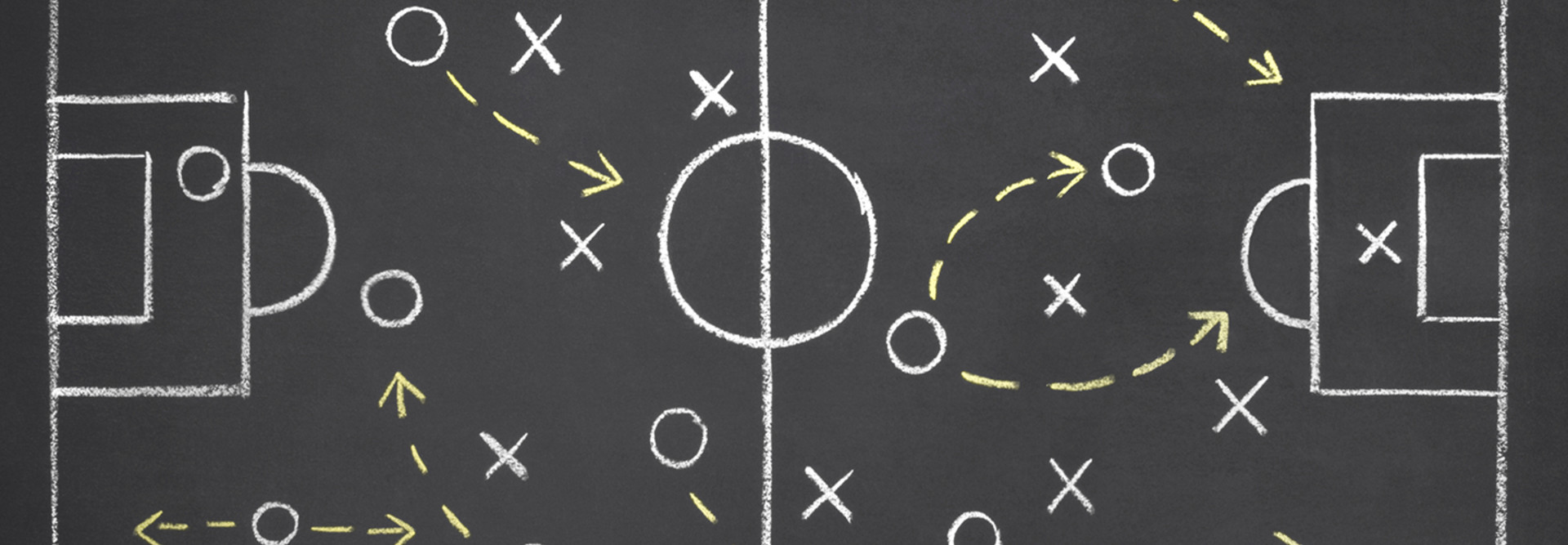How Colleges Are Finding Insights About Their Sports Fans
When the University of Alabama plays the University of Washington in the national semifinals Dec. 31, Crimson Tide football fans might be touting their team’s dominance — a 13-0 record in the talent-laden SEC — by stating that Alabama could likely beat an NFL team.
The question as to whether a college sports team could beat a pro team will be debated at sports bars and water coolers endlessly, but one fact is firmly established: Professional sports teams are employing data to help their players and entice their fans much more than intercollegiate teams.
College sports are about a decade behind professional teams in their use of data analytics, said Jessica Gelman, CEO of Kraft Analytics Group, at the Intercollegiate Athletics Forum in New York. But intercollegiate teams that use their data properly — to gain insights into fans’ wants and needs — can greatly improve operations.
Among the benefits are more targeted ticket pricing, improved relationships with supporters and alumni, better customer retention, and a solid tool in gaining new fans, Gelman said.
But to achieve these benefits, colleges and universities have to identify useful sources of data — and then figure out how to make sense of it. For example, Juan Garcia, associate athletics director for strategy and analytics at the University of Texas, says the institution is examining data from social media to gain a better understanding of fans.
“We’re really trying to understand what interests our fans and how to get them into the venue,” Garcia said.
The Value of Customer Data
Point-of-sale systems within venues also can serve as an important source of data. Michael Thompson, senior associate athletic director for communications and marketing at the University of Mississippi, said venues can gain valuable insight from this data. For example, arena management can increase concessions staffing to deal with spikes in demand, or can stock up on popular items such as water during specific periods of a game.
Ole Miss also surveys fans frequently to get feedback on various facets of their game experience, including concessions, video boards and ticket staff.
With this data, the university hopes to improve the relationships it has with fans. The end goal? Convert fans who routinely purchase single game tickets into loyal season-ticket holders for years to come.
“We can tell you what the five most important things are to a particular fan,” Thompson said. “We can use that information to sell these fans a premium experience.”
A Good Start for Collegiate Analytics
For colleges and universities looking to implement data analytics to improve sports and other events, Gelman suggested building a robust data warehouse as a useful first step. She also recommended analytics software that uses a dashboard to present data in a visual format — and one that offers predictive analytics capabilities.
“Teams need to figure out how to capture data about fans and use it to turn them into customers,” she said.









